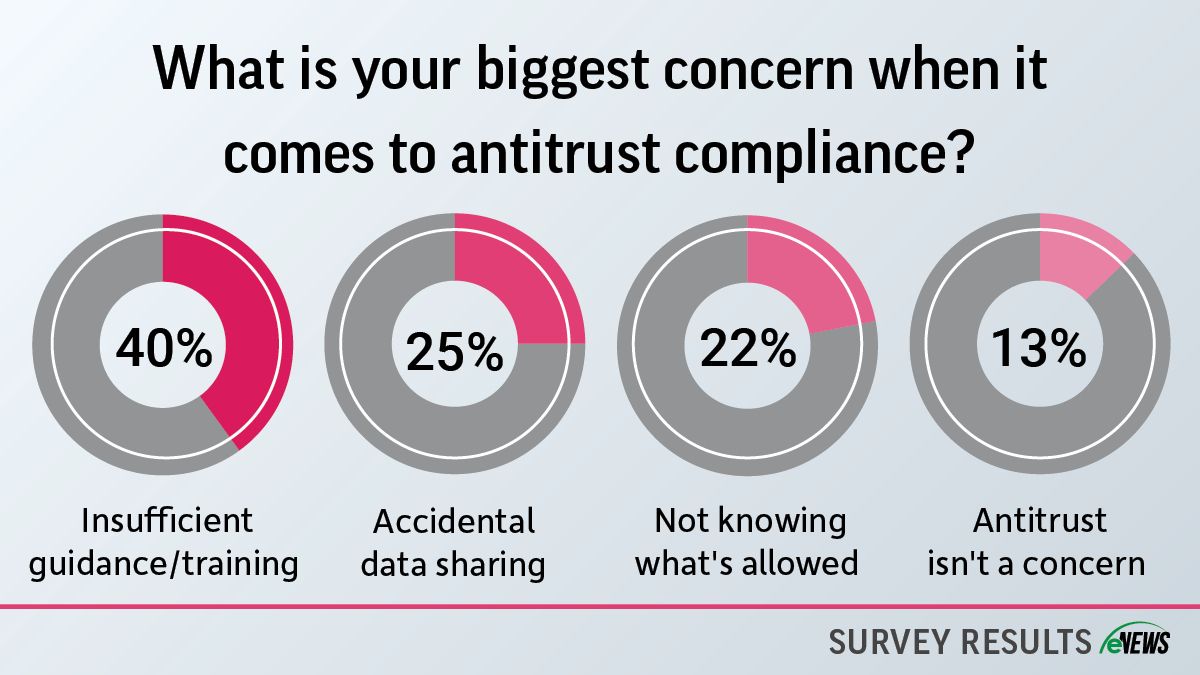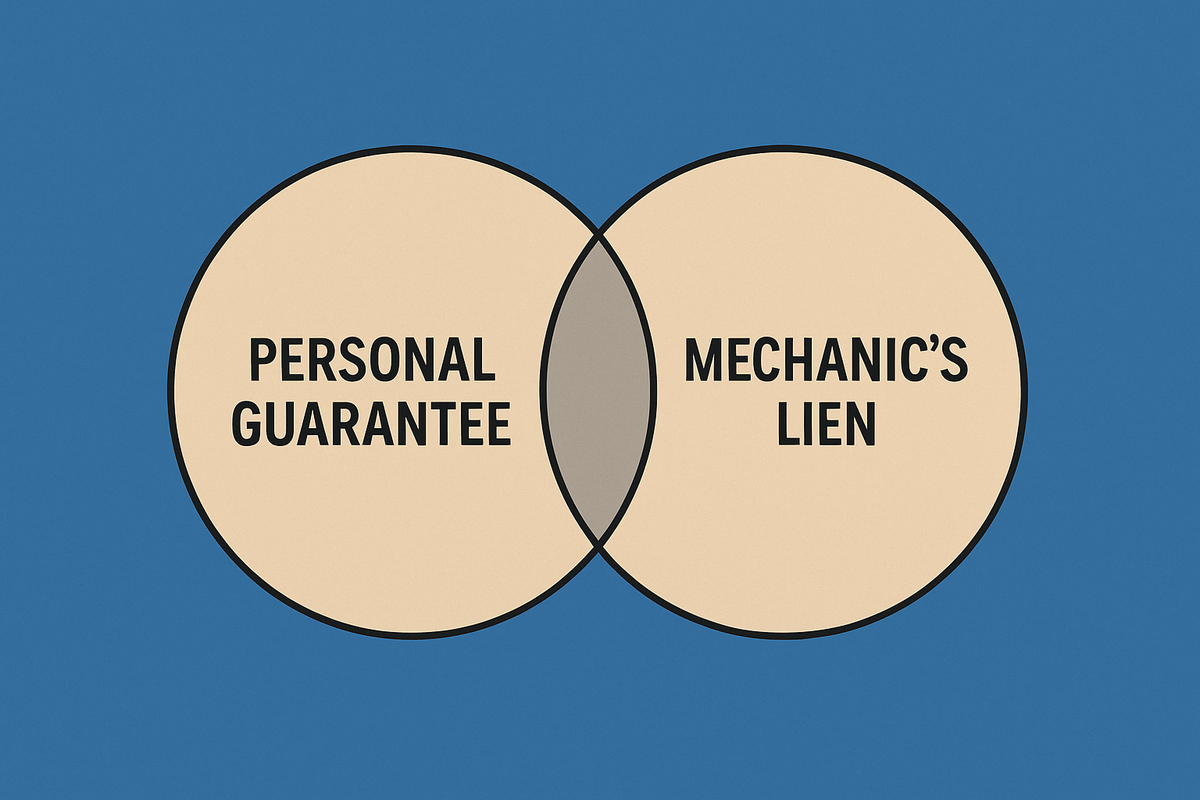Construction, eNews
Can NDAs impact construction lien rights?

In the construction world, a mechanic’s lien is a vital legal instrument protecting laborers and suppliers. Without it, contractors and subcontractors lose legal protection, resulting in significant losses. Several factors influence lien rights. However, can other contracts or agreements, such as a non-disclosure agreement, override your right to file a notice or initiate legal proceedings?
Why it matters: Understanding whether other contracts, such as non-disclosure agreements, can supersede your right to file a notice or initiate legal action is essential for maintaining these protections.
A non-disclosure agreement (NDA) is a legal contract that protects sensitive information from being shared widely. NDAs are also known as confidentiality agreements, proprietary information agreements or secrecy agreements. “In construction, the purpose of nearly all the NDAs is to protect plans and written specifications from falling into the wrong hands,” said Ty Knox, ICCE, director of credit and risk at EFCO Corp. (Des Moines, IA).
Yes, but: Can NDAs affect a construction creditor’s ability to protect their lien rights? Short answer: Unlikely but it depends upon what the non-disclosure agreement covers.
In most preliminary notifications, you have to be very specific in regard to the materials that you’re providing on a project. “If you have an NDA that says, ‘I’m not going to share proprietary information about the materials that I’m providing to the job site,’ and an instance occurs where you need to be more descriptive about the materials, then you potentially have a problem,” said Chris Ring of NACM’s Secured Transaction Services (STS). “I’ve never known it to impact lien rights, but that is a possibility.”
An NDA may require you to provide a reasonable estimated value of the product that you’re supplying to the project. In some states, such as California, there has to be a reasonable estimated dollar amount listed on that preliminary notification. “If you have an NDA that says you’re not, as a wholesaler, going to disclose your pricing to other people, then that could possibly have some impact on your lien rights,” Ring said. “Since it’s a reasonable estimated value, you don’t have to give out the exact dollar amount, but that can become a problem.”
Depending on how the NDA is worded, listing price on a preliminary notice and describing proprietary materials could breach the contract. “This is why credit managers should be careful about signing NDAs and seek legal advice to help decide whether or not entering an NDA is appropriate to begin with,” said Karen Hart, Esq., partner at Bell Nunnally & Martin LLP (Dallas, TX). “Context is very important.”
One potential solution to consider is carveouts in the terms of any NDA that a counterpart may be insisting upon, such as making a carveout for lien notices and certain information such as amounts owed and description of products or services provided.
If someone is asking you to sign an NDA or confidentiality agreement, it’s imperative to understand the scope of information being disclosed and the reasons the customer needs this information to protect their rights. “If you’re verifying financials and agree to keep that information confidential, that’s acceptable,” Hart said. “However, it’s important to fully grasp the extent and implications of the agreement.”
For instance, if a supplier has a customer interested in buying their product and requests the customer to sign an NDA, the creditor should carefully consider this before agreeing. If a customer imposes conditions for doing business, the contract’s wording is critical. “If the NDA restricts you from disclosing a customer’s past-due status, it could hinder your ability to send necessary lien notices,” Hart said.
Seeking legal advice before signing any contract is essential. The necessity of an NDA often depends on the leverage in the situation—whether the other party is genuinely interested in doing business with you or securing credit can influence the terms. “Ultimately, you don’t want to be restricted in ways that could impact your ability to collect payments later,” said Hart. “Restrictive clauses in an NDA regarding the use of information could hinder your ability to obtain necessary information down the line.”
The bottom line: Before signing an NDA, consider why the customer is asking for one and if it could hinder your ability to send necessary lien notices or collect payment down the road. Seeking legal advice before signing any contract is essential.





